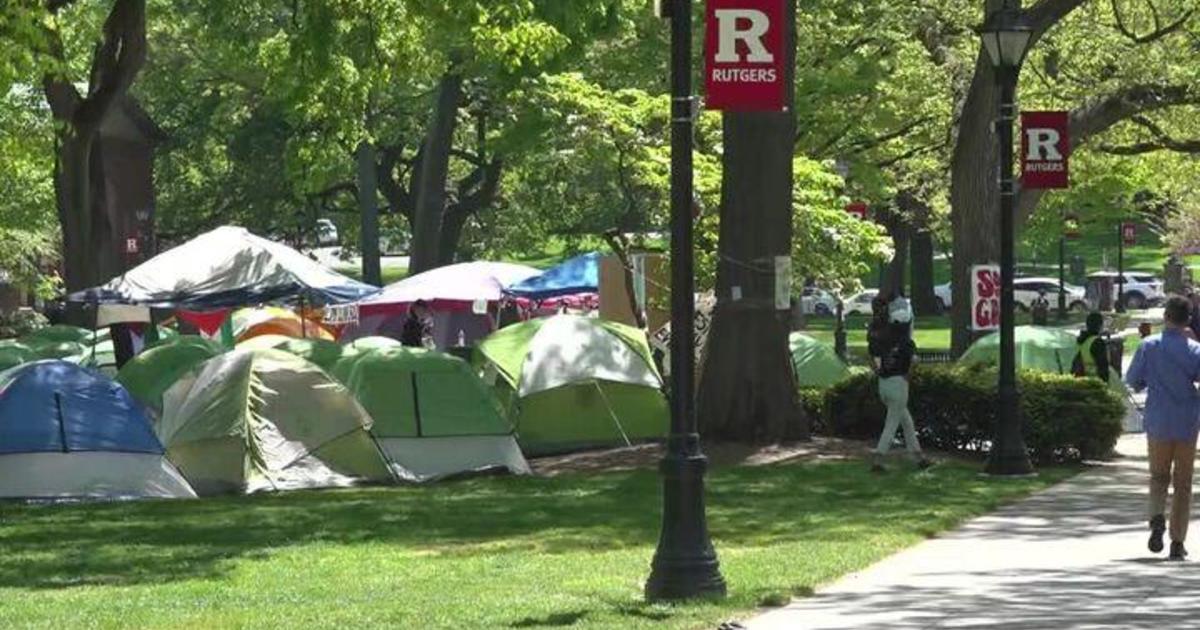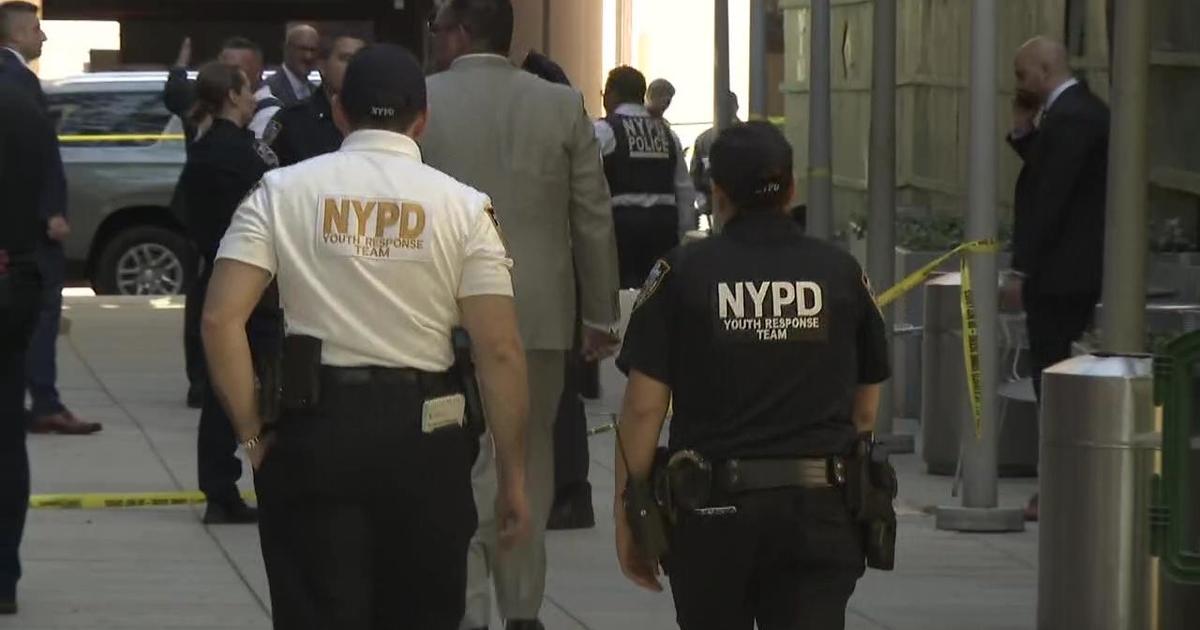911 Calls From Deadly Hoboken Train Crash Released
HOBOKEN, N.J. (CBSNewYork/AP) -- The National Transportation Safety Board released a preliminary report of their investigation into last month's deadly train crash as we're hearing the urgent 911 calls for the first time.
NJ TRANSIT train 1614 crashed into Hoboken Terminal at the height of the morning rush hour on Sept. 29, killing a woman on the platform and injuring more than 100 others.
CBS2's Jessica Layton reports the calls described the moments immediately following the crash.
"People are climbing out of the windows," one person said in a 911 call.
Another said, "People are bleeding from their heads."
The panic was apparent in the 911 calls seconds after the Sept. 29 crash.
"I'm on the train. We have people trapped in the front," one caller said.
CBS2's Christine Sloan reports the NTSB said in the preliminary report the brakes on the train were working even though the electrical communications system handling them was destroyed in the crash.
Heavy damage to the front of the train is hampering the investigation and the NTSB said it has scheduled additional testing after finding that the electronics controlling the train's brakes and propulsion system were destroyed in the wreck, according to the report released Thursday.
Investigators said other tests showed the train's air brake system working as designed.
The report does not include any findings, but the agency said the emergency response is under review.
The NTSB determined the train was traveling at 8 mph and sped up for about 30 seconds before hitting 21 mph, more than twice the speed limit. Data recorders show the train's engineer, Thomas Gallagher, hit the emergency brake less than a second before impact.
Gallagher was alone when the train crashed. He has told federal investigators he remembers waking up on the floor of the cab after the crash, but the has no memory of the wreck itself.
Gallagher told investigators he felt fully rested when he arrived at work that day and went on duty at 6:46 a.m.
The train's conductor said he went on duty at 6:30 a.m. and that he spoke with Gallagher, but did not notice anything unusual about his behavior. The conductor said the train was so crowded that day and was unable to collect fares because it was operating with one less car than usual.
Gallagher said his cellphone was turned off and put away in his backpack; he conducted brake tests before departure; and that the train operated normally throughout the trip, according to the report.
Gallagher said he blew the horn as the train approached the end of the platform, checked his speedometer, and started ringing the bell, the NTSB said. Gallagher told investigators he looked at his watch and noticed his train was about 6 minutes late arriving at Hoboken. He stated that when he checked the speedometer, he was operating at 10 mph.
The conductor told investigators he didn't notice anything unusual about the speed, but said that he was focused on the crowds of passengers at that time. After the crash, the conductor helped evacuate the train and walked through it to ensure all passengers had exited.
The forward facing video showed the front of the train colliding and overriding the bumping post at the end of the track platform at the terminal. The video caught a large flash as the car collided with the panel just beyond the bumping post. The NTSB also said the video recorder captured the sound of the train's horn a minute before the wreck.
A final report on what caused the crash could take a year or longer to complete.
The report came as NJ TRANSIT held its first public meeting in more than 100 days to vote in a new man in charge as Steve Santoro, an insider with the agency for nine years, bumped to take the job nobody took.
"There's a fair amount of work that needs to be done," Santoro said. "There are certainly challenges we face going forward."
State funding for the railroad decreased by almost 90 percent in the past seven years.
"The way Gov. Christie has cut the funding to NJ TRANSIT, it's very hard to run any business on that budget," said Stephen Burkert, the head of the Conductors Union.
Burkert claims the lack of money prevents NJ TRANSIT from attracting the best managers and that regular employees, like his members, are working without contracts and that others without raises.
"Morale is low," said Burkert. "It is very low."
The NTSB report also found the train was crowded because instead of the normal five cars, it had four, and the conductor couldn't collect fares.
"Look, I am not going to define accessible, but I think there's been a history of NJ TRANSIT after board meetings like this with discussions like that," said Santoro.
However, a minute later, CBS2's interview with Santoro was cut short.
A NJ TRANSIT spokesperson said they cannot talk about the NTSB investigation.
Thursday's meeting was nearly five hours long, but most of it was devoted to an unrelated power project.
Because of that, some members of the public said their time was cut short and some suspect it was intentional, though NJ TRANSIT denies that.
(TM and © Copyright 2016 CBS Radio Inc. and its relevant subsidiaries. CBS RADIO and EYE Logo TM and Copyright 2016 CBS Broadcasting Inc. Used under license. All Rights Reserved. This material may not be published, broadcast, rewritten, or redistributed. The Associated Press contributed to this report.)



